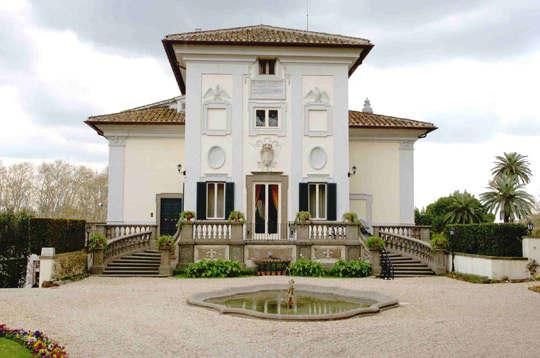A very impressive total of 75 TDs and Senators met with the Ireland Stand Up group yesterday which is campaigning in favour of the reopening of the Irish embassy to the Holy See.
Most people don’t believe the Government’s claim that the embassy was closed for financial reasons. Most people believe it was closed for political reasons and chiefly because of the row between the Government and the Holy See, in which the Government was really the only combatant.
Central to the Government’s case against the Holy See was the accusation that it had refused to cooperate with the Murphy Commission which was investigating abuse in the Dublin archdiocese.
That claim, while highly explosive was also highy dubious. The Vatican didn’t refuse to cooperate. In fact, it offered to give the Commission the required information so long as it went through Government channels.
On this point, an article in The Sunday Business Post last year attracted much less attention than it deserved. That paper, via a Freedom of Information request, obtained from the Department of Foreign Affairs legal advice it received on the subject of whether or not the Holy See was entitled under international law to make such a request.
The response was that the Vatican was indeed entitled to make such a request.
The Murphy Commission maintained that it was independent of the State and so should not have to act through the State. On this point the DFA’s legal adviser, James Kingston, said in his letter, the “independence of the commission under Irish law did not appear to be of relevance as a matter of international law, according to which dealings between states should be conducted via diplomatic channels.”
It continued: “The fact that the commission is independent under Irish law should not necessarily be a barrier to communications through the diplomatic channel”.
Indeed, courts are also independent of the State even though they are established by the State (as was the Murphy Commission), but when they write to a foreign court for information they always go through the respective governments rather than write directly.
So the question arises, if the information requested by the Murphy Commission was on offer, why didn’t the Commission accept the offer?
The Vatican can be accused of being pedantic for asking that the commission use the proper channels, but equally it could be asked whether the commission was being stubborn in refusing to use those channels?
At a minimum, though, the accusation that the Vatican refused to cooperate with the commission is unjustified and should never have been part of the Enda Kenny speech last summer.


 The Villa Spada in Rome, home to the Irish Embassy to the Holy See.
The Villa Spada in Rome, home to the Irish Embassy to the Holy See.